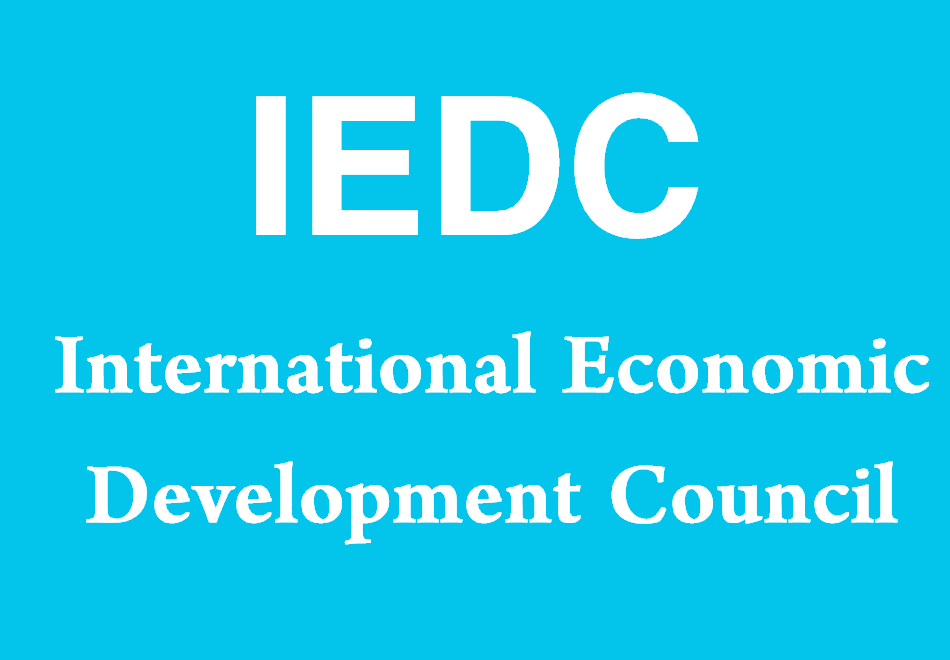What does ECE stand for?
ECE stands for “Economic Commission for Europe,” a regional commission of the United Nations aimed at promoting economic cooperation and integration among its member countries. This comprehensive explanation will delve into the history, objectives, functions, and impact of the Economic Commission for Europe (ECE), along with practical notes for importers and sample sentences illustrating the use of the acronym ECE. Additionally, a table will detail 20 other meanings of the acronym ECE, highlighting its diverse applications in various fields.

Comprehensive Explanation of Economic Commission for Europe
History and Establishment
The Economic Commission for Europe (ECE) was established in 1947 by the United Nations Economic and Social Council (ECOSOC) to promote economic integration and cooperation among European countries. In the aftermath of World War II, Europe faced immense economic challenges, and the ECE was created to help rebuild and strengthen economic ties across the continent. Initially, its mandate was to foster economic reconstruction in Europe, but over time, its scope has expanded to include various aspects of sustainable development.
Objectives and Goals
The primary objective of the ECE is to promote sustainable economic growth and cooperation among its member states. Its goals include:
- Facilitating trade and economic integration.
- Promoting sustainable development and environmental protection.
- Enhancing the quality of life in member countries.
- Encouraging economic policies that support innovation and technological advancement.
Functions and Activities
The ECE performs a wide range of functions to achieve its objectives:
- Policy Development and Coordination: The ECE provides a platform for member states to discuss and coordinate economic policies. It helps harmonize regulations and standards to facilitate trade and investment.
- Technical Assistance and Capacity Building: The ECE offers technical assistance and capacity-building programs to help countries implement best practices in various sectors, such as trade, transport, environment, and energy.
- Statistical and Economic Analysis: The ECE conducts comprehensive economic and statistical analyses to provide member states with reliable data for informed decision-making.
- Standard Setting: The ECE develops international norms and standards in areas such as vehicle regulations, public-private partnerships, and agricultural quality standards, which help reduce trade barriers and promote safety and quality.
- Sustainable Development Initiatives: The ECE promotes initiatives that support sustainable development, including efforts to combat climate change, improve energy efficiency, and manage natural resources sustainably.
Impact and Achievements
Over the decades, the ECE has made significant contributions to the economic and social development of its member countries. Some notable achievements include:
- Transport and Trade Facilitation: The ECE has developed numerous international transport agreements and conventions, such as the TIR Convention, which facilitates international road transport.
- Environmental Protection: The ECE’s Convention on Long-range Transboundary Air Pollution (CLRTAP) has been instrumental in reducing air pollution and its harmful effects across Europe.
- Statistical Cooperation: The ECE has improved the quality and comparability of economic statistics in the region, aiding better policy formulation and implementation.
- Standards Development: The ECE has established standards that improve product quality and safety, benefiting both consumers and businesses.
Notes to Importers
Understanding Import Regulations
Importers must navigate a complex web of regulations to successfully bring goods into their target markets. Key considerations include:
- Tariffs and Duties: Importers need to be aware of the tariffs and duties applicable to their products. These can vary significantly by country and product type.
- Customs Procedures: Each country has its own customs procedures, which importers must follow to clear goods through customs efficiently. This includes proper documentation and compliance with import regulations.
- Product Standards and Regulations: Importers must ensure that their products meet the required standards and regulations of the importing country. This can include safety standards, labeling requirements, and environmental regulations.
Trade Agreements and Their Benefits
Importers should leverage trade agreements between countries to reduce tariffs and facilitate smoother trade. Understanding the terms and benefits of these agreements can lead to significant cost savings and market access opportunities.
Risk Management and Compliance
Importers must implement robust risk management and compliance strategies to avoid legal issues and financial losses. This includes:
- Supply Chain Management: Ensuring transparency and reliability in the supply chain to mitigate risks associated with product quality and delivery delays.
- Legal Compliance: Adhering to all relevant laws and regulations, including those related to product safety, labor practices, and environmental impact.
- Insurance: Obtaining appropriate insurance coverage to protect against potential losses due to damage, theft, or other unforeseen events.
Sustainable and Ethical Sourcing
Increasingly, consumers and regulators demand that products be sourced sustainably and ethically. Importers should prioritize suppliers who adhere to ethical labor practices and environmentally friendly production methods.
Sample Sentences Containing ECE and Their Meanings
- “The ECE standards for vehicle safety have significantly reduced road accidents in Europe.”
- This sentence highlights the role of the Economic Commission for Europe in establishing vehicle safety standards that enhance road safety.
- “Importers must comply with ECE regulations to ensure their products can enter the European market without issues.”
- This emphasizes the importance of adhering to ECE regulations for smooth importation into Europe.
- “The ECE’s initiatives on sustainable development have helped countries adopt greener policies.”
- This sentence points out the ECE’s efforts in promoting sustainable development among its member states.
- “By attending the ECE meeting, policymakers gained valuable insights into economic integration strategies.”
- This sentence shows how the ECE facilitates knowledge sharing and policy coordination among member states.
- “The ECE Convention on Long-range Transboundary Air Pollution has been crucial in reducing air pollution in Europe.”
- This sentence highlights a specific ECE initiative that has had a significant environmental impact.
Other Meanings of ECE
The acronym ECE has various meanings across different fields. The table below provides a detailed overview of 20 alternative meanings:
| Acronym | Full Form | Description |
|---|---|---|
| ECE | Early Childhood Education | Educational programs and strategies geared towards young children, typically from birth to age 8. |
| ECE | Electrical and Computer Engineering | An academic discipline that combines electrical engineering with computer science. |
| ECE | Environmental and Civil Engineering | An engineering field focusing on sustainable construction and environmental protection. |
| ECE | European Conference on Electrical Engineering | An annual conference that discusses advances in the field of electrical engineering. |
| ECE | Embedded Control Environment | A framework for developing and testing embedded control systems. |
| ECE | Executive Continuing Education | Professional development programs aimed at executives and senior managers. |
| ECE | Eastern Caribbean Education | An educational initiative focused on improving education systems in the Eastern Caribbean. |
| ECE | Economic and Community Engagement | Programs and strategies aimed at fostering economic development and community involvement. |
| ECE | European Centre for Environment | An organization dedicated to environmental research and policy development in Europe. |
| ECE | Engineering Continuing Education | Continuing education programs for engineers to stay updated with the latest industry trends. |
| ECE | Enhanced Combat Efficiency | Military programs designed to improve the combat capabilities of soldiers. |
| ECE | Electronic Control Equipment | Devices and systems used to control electronic processes and machinery. |
| ECE | European College of Economics | An academic institution specializing in economics and business studies in Europe. |
| ECE | Emerging Computer Engineers | A professional group or organization focused on supporting new graduates in computer engineering. |
| ECE | Energy Conversion Efficiency | A measure of how efficiently energy is converted from one form to another in systems. |
| ECE | European Consortium for Education | A partnership of educational institutions in Europe aimed at improving educational standards. |
| ECE | Emergency Care Equipment | Medical equipment used in emergency care settings to treat acute medical conditions. |
| ECE | Economic Cooperation in Europe | Initiatives and agreements aimed at enhancing economic cooperation among European countries. |
| ECE | Early Career Educators | A support network for educators who are in the early stages of their teaching careers. |
| ECE | Earth and Climate Engineering | An engineering field focused on addressing challenges related to earth sciences and climate change. |






